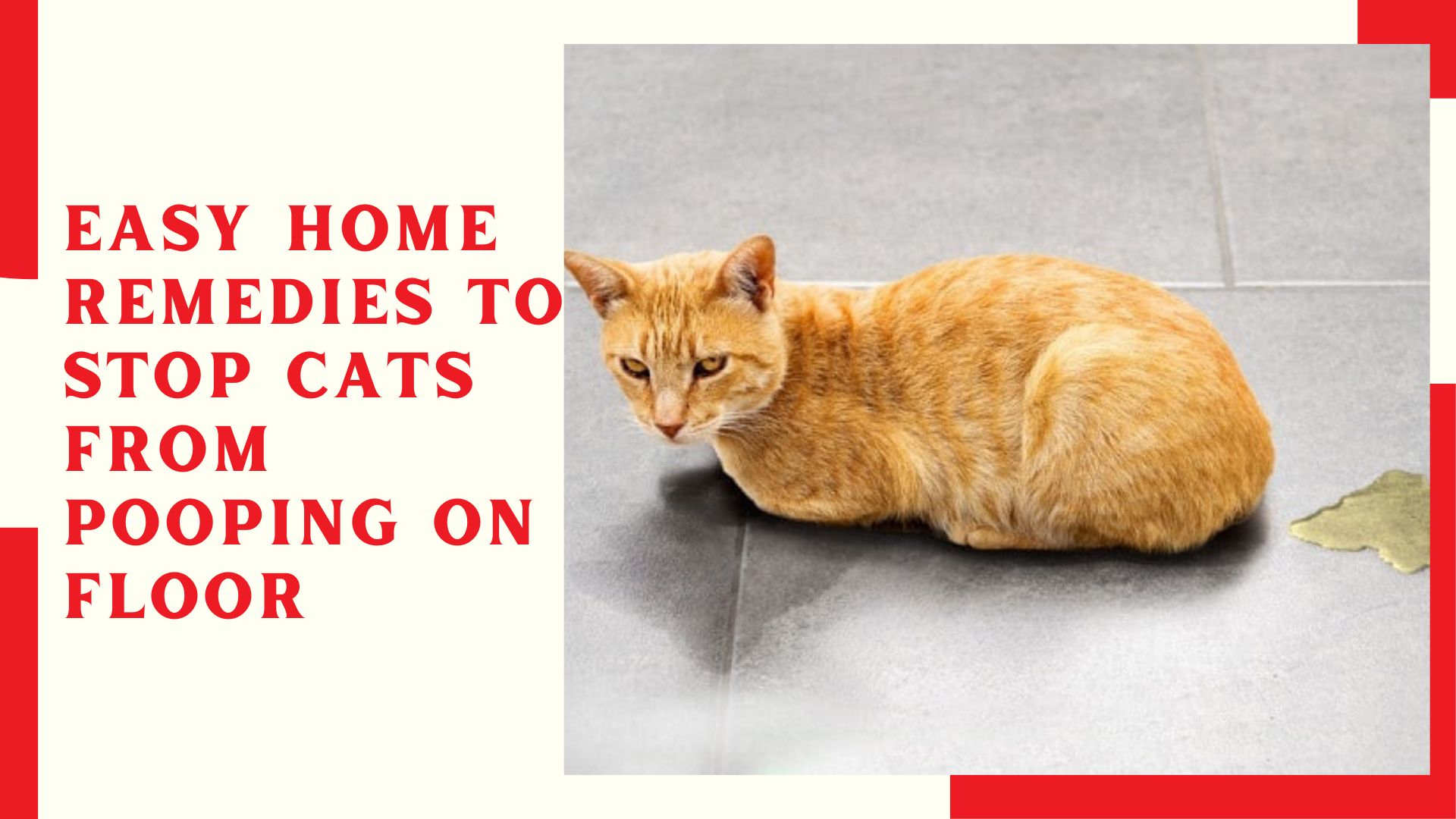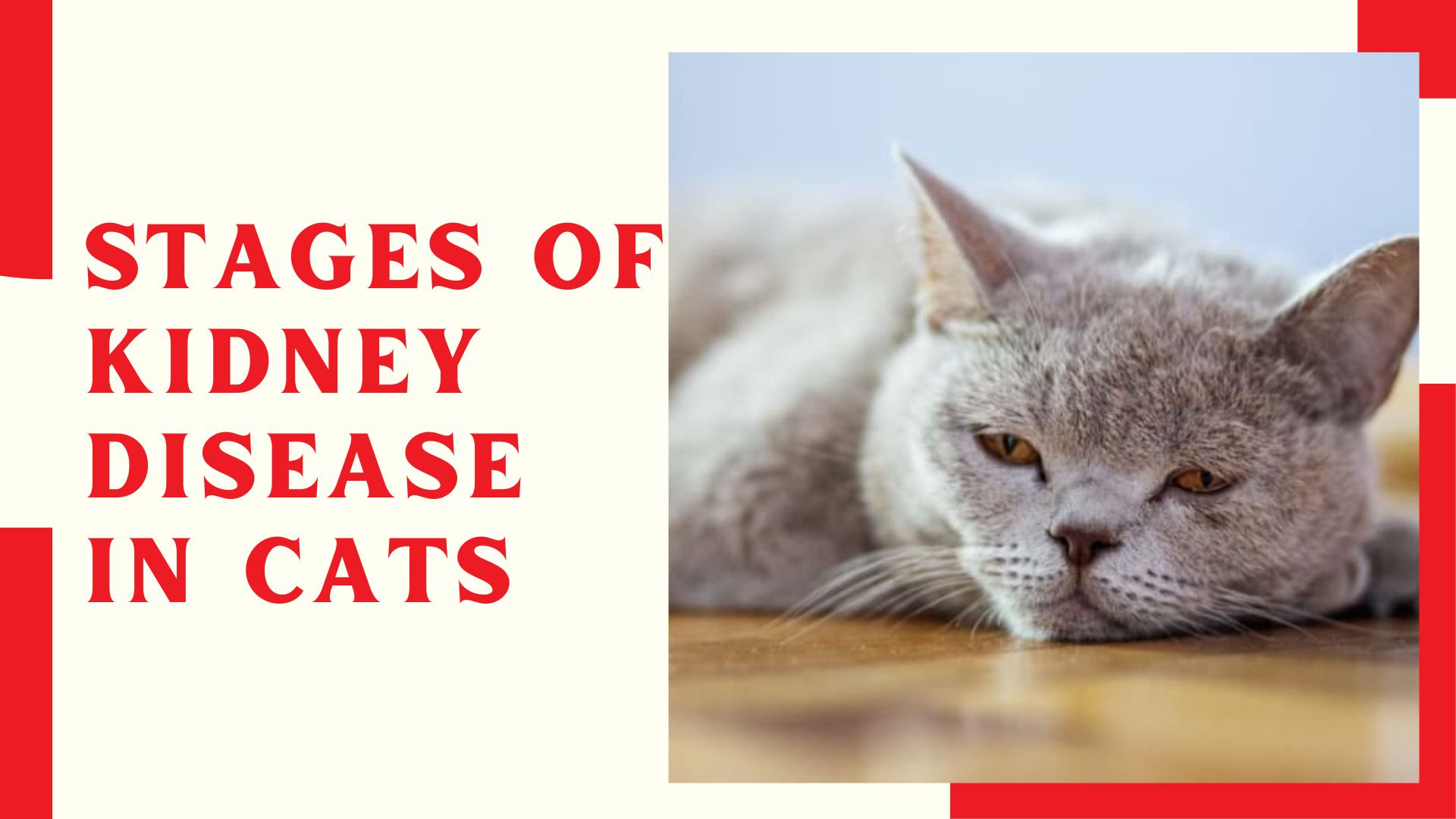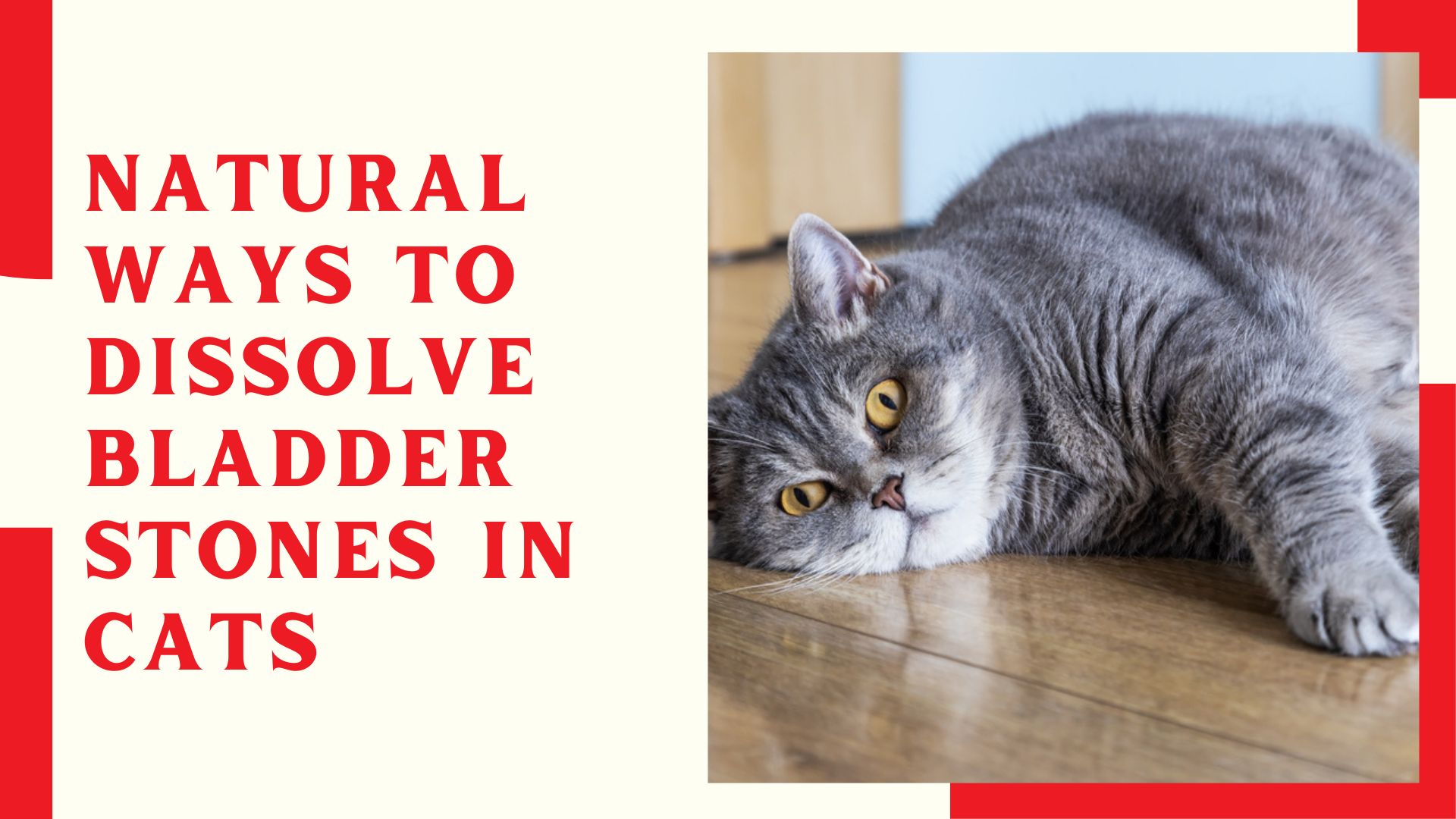Mice can cause significant damage to your car if they decide to make it their home. Not only do they chew on wires and upholstery, but their droppings and nesting materials can also create unpleasant odors and potentially spread diseases. Fortunately, there are several steps you can take to keep these unwanted visitors out of your vehicle.
Related Products You Might Like
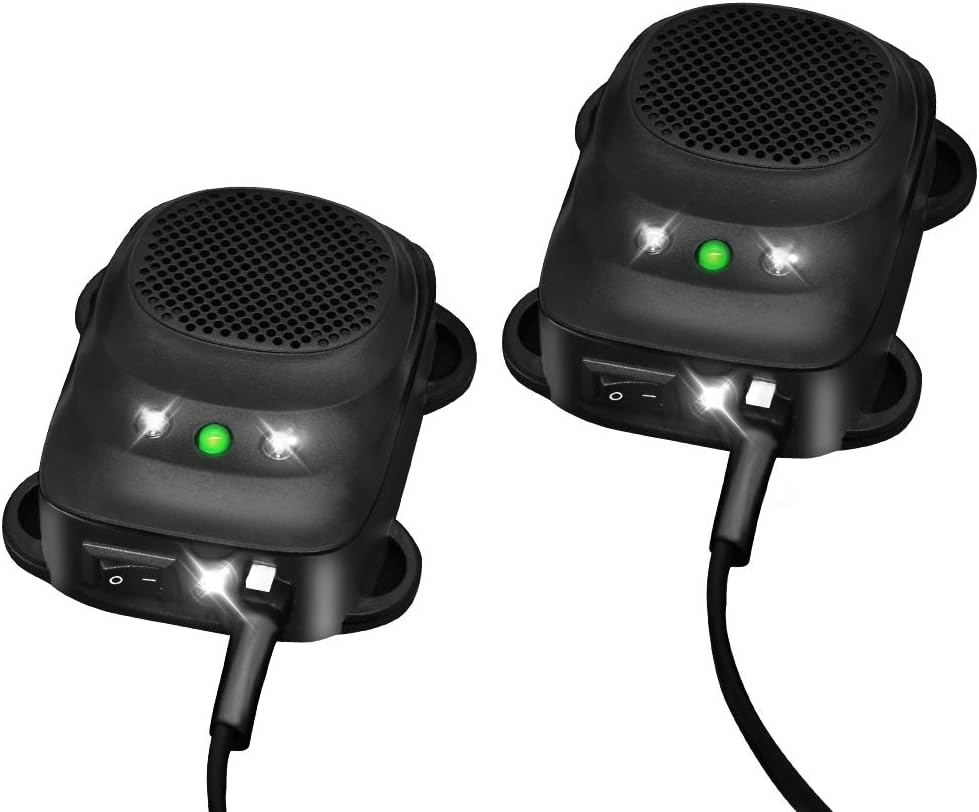
Car Rat Repeller

Mouse Repellent Pouches
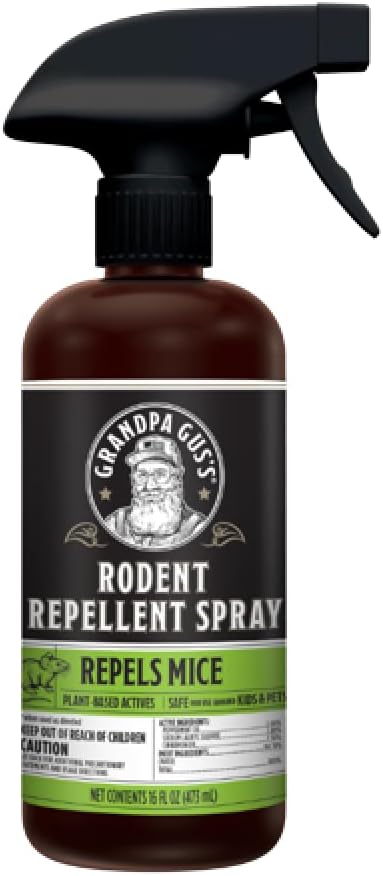
Rodent Repellent Spray
"(Paid Links)" 
Remove Food Sources
Mice are attracted to any potential food sources, so keeping your car clean and free of crumbs or debris is essential. Vacuum regularly, especially in hard-to-reach areas where crumbs can accumulate. Avoid eating in your car; if you must, clean up thoroughly afterward. Additionally, remove any food wrappers, containers, or grocery bags that might attract mice.
Seal Entry Points
Mice can squeeze through incredibly small gaps, so it's important to seal any potential entry points into your car. Inspect the exterior for holes or cracks, especially around the engine compartment, trunk, and undercarriage. Use steel wool or caulk to fill these openings, as mice can't chew through these materials. Pay special attention to areas around the firewall, air vents, and wiring, as these are common entry points for rodents.
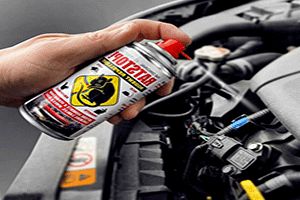
Use Repellents
There are various repellents you can employ to deter mice from entering your car. Mothballs, peppermint oil, or cotton balls soaked in ammonia can be placed strategically around the vehicle's interior and exterior. The strong smells will discourage mice from nesting or lingering in your car. You can also use commercial rodent repellents that are specifically designed for automotive use. These repellents often contain natural ingredients like essential oils and can be sprayed or placed in areas where mice are likely to enter.
Park in a Garage or Well-Lit Area
Mice prefer dark, secluded areas to build their nests. Parking your car in a well-lit garage or open area can make it less attractive to these pests. If you must park outside, choose a spot that's well-illuminated and away from potential nesting sites like tall grass or piles of debris. Keeping the area around your parking spot clean and free of clutter will also reduce the likelihood of mice seeking refuge in your vehicle.
Use Traps
Setting traps around your car can help catch and eliminate any mice that attempt to enter. Snap traps, glue traps, or live traps can be placed near the wheels, under the hood, or in the trunk. Regularly check and reset the traps to ensure they remain effective. If you prefer a more humane approach, live traps allow you to catch and release mice far away from your car and home.
Regular Inspections
Frequent inspections of your car can help you identify any signs of mice before they cause significant damage. Look for chewed wires, nesting materials, droppings, or urine stains. Pay special attention to the engine compartment, glove box, trunk, and under seats, as these are common nesting areas. If you notice any signs of infestation, take immediate action to remove the mice and prevent further damage.
Protect Wiring
Mice are notorious for chewing on car wiring, which can lead to costly repairs and safety hazards. To protect your wiring, consider using rodent deterrent tape, which is coated with a spicy substance that repels mice. You can also use wire loom or conduit to cover and protect exposed wires. Some car owners find success with ultrasonic devices that emit high-frequency sounds to deter rodents, though their effectiveness can vary.
Natural Predators
Encouraging natural predators in your yard can help keep the mouse population in check. Owls, hawks, and even outdoor cats can deter mice from approaching your vehicle. Installing owl boxes or bird feeders can attract these predators to your area, creating a natural deterrent for mice.
By following these preventative measures, you can significantly reduce the risk of mice infesting your car. Regular maintenance and vigilance are key to keeping your vehicle rodent-free and ensuring it remains in good working condition. If you continue to experience problems, consider consulting a pest control professional for additional advice and assistance.

